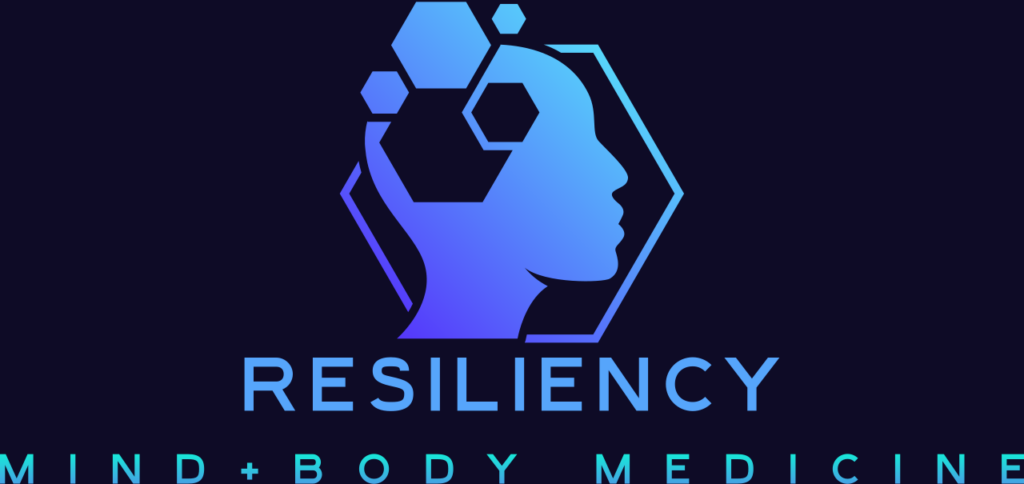As a board-certified Addiction Medicine physician, part of my treatment plans with my patients is to explore and education about the intricate workings of the brain so better serve my patients battling addiction. One crucial aspect of this exploration lies in unraveling the mysteries of dopamine, a neurotransmitter that plays a fundamental role in our brain’s reward system. In this article I will explore the effects of high potency THC on the dopamine system, which is resulting in spiking numbers of cannabis-induced psychosis.
Dopamine
Dopamine is often dubbed the “feel-good” neurotransmitter, as it’s associated with pleasure, motivation, and reinforcement of rewarding behaviors. However, its intricate dance within our brain chemistry also holds profound implications for understanding addiction, particularly concerning heavy, high-potency cannabis use.
High-potency cannabis, with its elevated levels of THC (tetrahydrocannabinol), can significantly impact dopamine levels and signaling in the brain. Research suggests that THC can directly affect dopamine release, leading to alterations in the brain’s reward circuitry. This can manifest as heightened euphoria and reinforcement of cannabis use. The higher the potency of THC, the more dopamine is released.
Why does this relationship between potency and dopamine matter?
Prolonged exposure to high-potency cannabis can lead to dysregulation of dopamine pathways, potentially resulting in tolerance, dependence, addiction and mental health symptoms. Individuals with a predisposition to addiction (think genetics) may be particularly vulnerable to these effects. We do know high release of dopamine can cause psychosis and bipolar symptoms. We also know that with repeated, daily, high potency THC use, these symptoms can increase or even become permanent.
By understanding how cannabis impacts dopamine release and receptor activity, we can better tailor our interventions and treatments to address the unique needs of our patients.
Treatment
Recognizing the role of dopamine in addiction underscores the importance of adopting a comprehensive, multidisciplinary approach to treatment. From cognitive-behavioral therapies to pharmacotherapies targeting dopamine pathways, our arsenal of tools are informed by the latest insights into brain chemistry. We also have developed supplements known to improve brain health and healing in cannabis-induced psychosis. These supplements include glutathione, N-acetylcysteine, omega-3 fatty acids and other natural adaptogens.
You can find our Neuro Harmony supplement here:
In essence, delving into the complexities of dopamine sheds light on the multifaceted nature of addiction and underscores the critical role of addiction medicine physicians in guiding individuals towards recovery. Let’s continue to expand our understanding and refine our approaches, empowering our patients to reclaim their lives from the grips of addiction.
If you or someone you know is struggling with Cannabis use or has Cannabis-Induced Psychosis or Mood changes, please reach out to our office to schedule a consultation with one of our experienced providers.
949.996.5355
Info@resiliencymbmedicine.com
#AddictionMedicine #DopamineDynamics #CannabisUse #Neurochemistry #RecoveryJourney



